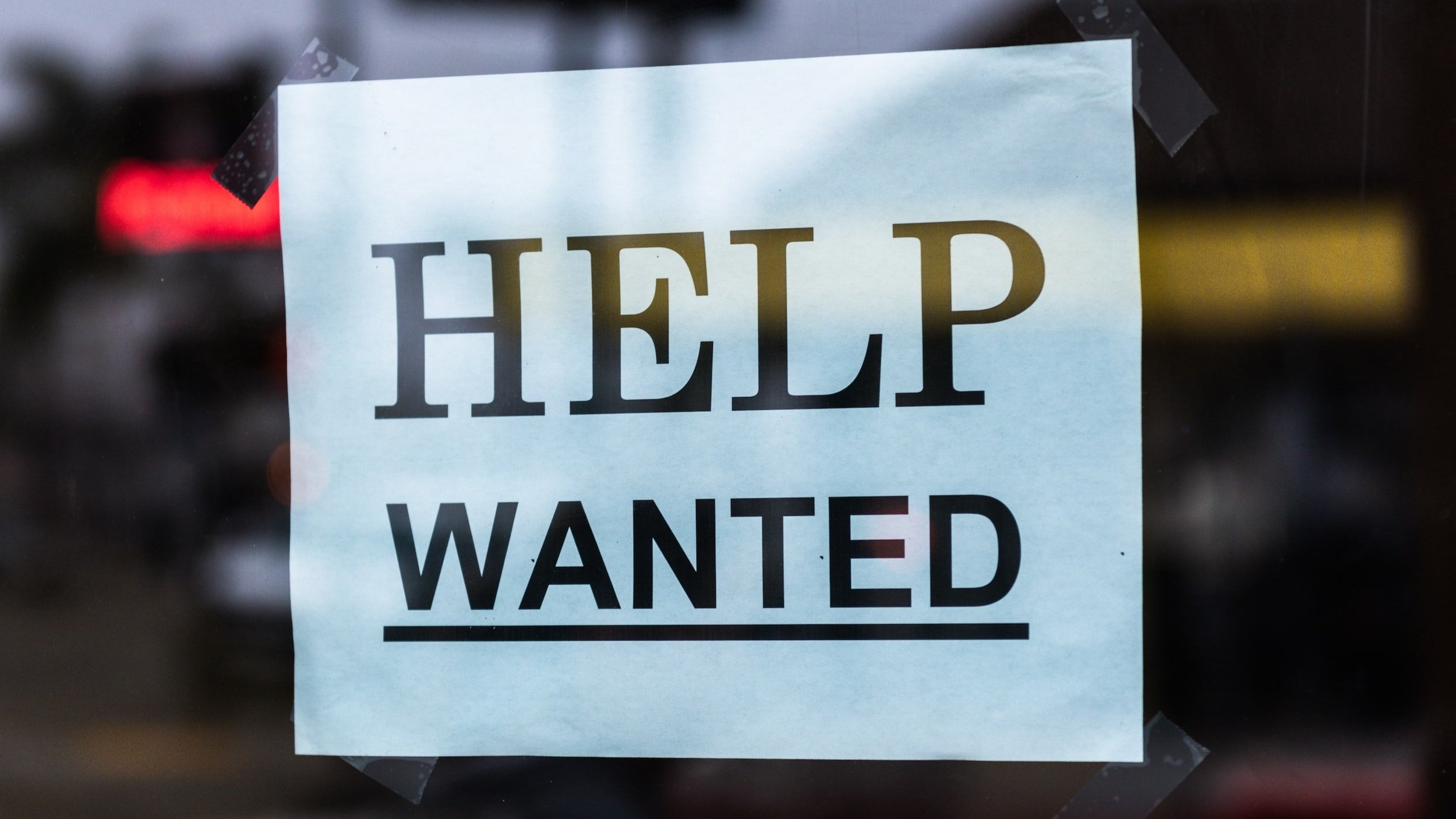A deliberate choice to keep people in poverty
In the lead up to Federal Budget, we featured a series of posts about the challenges of living on Jobseeker. Last week’s budget confirmed there would be no increase to the payment, meaning it remains below the poverty line. In today’s post, Maiy Azize, Deputy Director of Anglicare Australia (@MaiyAzize), outlines the long history of research and inquiry demonstrating the need to raise the rate, and calls for a backlash over the ‘deliberate choice to keep three million people in poverty’.
Much has been said about the need to raise the rate of JobSeeker payments for people out of work.
There was the Henry Tax Review, which called for a boost back in 2010.
Months later it was the OECD. They called our abysmally low unemployment payment an outlier in the developed world.
By 2011, the Business Council of Australia joined the chorus line. They said the payment was making it harder for people to look for work.
Fast forward another year. The Senate started an inquiry on unemployment payments, which agreed the payment was failing to provide an ‘acceptable’ standard of living. In fact, every single business and community group that was part of the inquiry wanted an increase.
I will spare you the full year-by-year list. Needless to say, the past decade has seen State and Territory governments, inquiries, reviews, and countless organisations beg for change. Study after study, report after report, has made the same call.
Now a new report has the dubious honour of joining that list. Ahead of the Federal Budget, the Economic Inclusion Advisory Committee found that three million Australians are living in poverty. That’s one in eight Australians, and one in six children. Poverty has become a national crisis, and the trends show it will only get worse.
The biggest risk factor for living in poverty? You guessed it. Having to rely on JobSeeker. Raising the rate of JobSeeker and other Centrelink payments is the single biggest step the Government could take to end poverty.
I wasn’t surprised by these results. It backs up countless other reports and studies on poverty in Australia – and it supports what Anglicare Australia has been saying for over a decade.
As for the Government? Its position hasn’t changed either. The commitment to keeping Centrelink payments well below the poverty line has been one of the few mainstays in a decade of political chaos, even though the excuses have changed with the seasons.
The Coalition used to say that raising JobSeeker wouldn’t pass the pub test. They’ve been robbed of that one. Since 2020, poll after poll has shown that Australians want the payment to go up. With so many of us in hardship or knowing someone else who is, it is no surprise that support for an increase has surged.
Then they said JobSeeker was only a temporary payment. That line disappeared from ministerial talking points after interviewers ripped it to shreds. Many Australians are stranded on the payment for five years or more. Older people are the biggest victims of this limbo, with some trapped on JobSeeker until they retire.
Now the Albanese Government is selling us a new story. We can’t afford to raise the rate of payments, they tell us.
“We need to be a bit more careful because we need to be cognisant of the budget situation and what we can afford,” said Treasurer Jim Chalmers.
“We don't want to over-promise and under-deliver when it comes to our most vulnerable people.”
Here’s the problem. The Government has just handed down a budget surplus for the second year in a row. It’s pushing ahead with over $300 billion in tax cuts. It’s locked in hundreds of billions in spending for nuclear submarines over the next three decades. It’s subsidising fossil fuels to the tune of $50 billion over the next four years.
On any analysis, it can afford to act. It’s choosing not to.
As Julia Gillard once said, budgets are made of choices. Advocates seem determined to ignore this reality, authoring countless reports and commissioning costings to show that raising the rate is affordable and suggesting how the money could be raised. I have never understood this strategy, which seems to assume that Government would act if only it could.
The reality is harder to take. The Government has made a deliberate choice to keep three million people in poverty. Change won’t be a matter of persuading them to act but making it politically impossible for them not to.
Again and again, we have seen that governments will change course on long-held policies, but only in response to public pressure. There are countless examples. The political class was dragged kicking and screaming into backing a Federal ICAC after campaigns gained momentum – both Labor and the Coalition initially rejected the idea. Billions of dollars were put into housing last year in the face of public pressure. And most recently, the tax cut package was re-worked after a public backlash.
The path to change should be clear. Advocates need to stop targeting decision-makers and start mobilising the public to act. The good news is that most of them already agree.
The sad history of JobSeeker is littered with reports that were ignored and studies that were buried. We need to make sure our future efforts to end poverty can’t be ignored.
Moderator: Ruth Pitt

